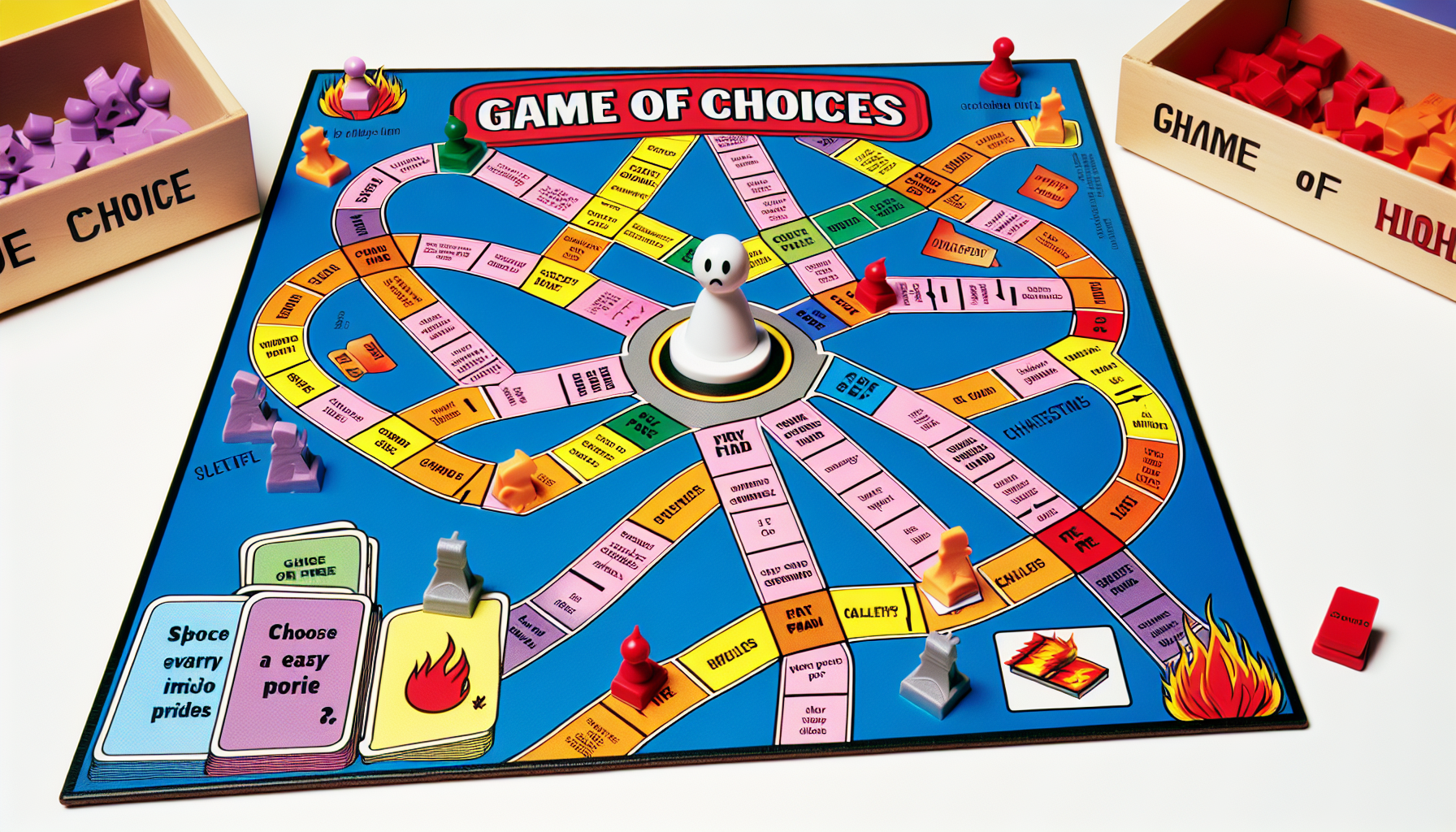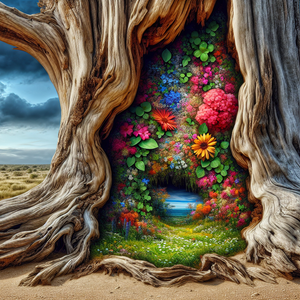Building Memories: The Therapeutic Power of LEGO

LEGO, with its colorful bricks and endless possibilities, serves as more than just a plaything. It provides a unique platform for self-expression and creativity. According to various psychological studies, engaging in creative activities can significantly reduce stress and anxiety levels. For many, building with LEGO offers a meditative experience, allowing individuals to focus their minds and channel their emotions into a physical creation.
Real-Life Stories: Healing Through LEGO
Personal narratives provide powerful illustrations of LEGO's therapeutic potential. Take, for instance, the story of Sarah, a 32-year-old woman who turned to LEGO after experiencing the trauma of losing a loved one. Struggling with grief, she found solace in the simple act of building. "It was like therapy for me," she recalls. "Every brick I added felt like a step towards processing my emotions. I was creating something beautiful while navigating my pain." Sarah's experience highlights how engaging in creative activities can offer a constructive outlet for complex feelings.
The Role of Play in Adult Mental Health
While LEGO is often associated with childhood, its benefits extend well into adulthood. Play is a vital aspect of human experience that many adults neglect as they navigate responsibilities and pressures. Engaging in play—whether it's through LEGO building or other creative pursuits—can rejuvenate the mind and promote mental well-being.
LEGO's therapeutic power transcends mere entertainment, offering individuals a means to process emotions, foster creativity, and enhance mental well-being.
Play Therapist
Hospitals, schools, private therapy practices, community health organizations
Core Responsibilities
Utilize play-based techniques, including LEGO building, to facilitate emotional expression and communication in children.
Develop individualized therapy plans that incorporate creative play to address specific psychological needs.
Conduct group therapy sessions that promote teamwork and social skills among children.
Required Skills
Master's degree in psychology, counseling, or social work with a focus on play therapy.
Strong understanding of child development and therapeutic techniques.
Experience working with children, particularly those with autism or other developmental disorders.
Creative Arts Therapist
Mental health clinics, rehabilitation centers, nonprofit organizations
Core Responsibilities
Employ various art forms, including LEGO, to facilitate therapeutic processes that help clients express emotions and explore personal issues.
Conduct assessments to determine the most effective creative modalities for individual clients.
Evaluate the effectiveness of creative interventions and adjust therapy approaches accordingly.
Required Skills
Master's degree in creative arts therapy or a related field.
Certification or licensure as a creative arts therapist.
Proficiency in multiple art forms and an understanding of their therapeutic applications.
Occupational Therapist (Pediatrics)
Pediatric clinics, schools, early intervention programs
Core Responsibilities
Design and implement therapy sessions that use LEGO and other tactile activities to improve fine motor skills and cognitive function in children.
Collaborate with families to create home programs that encourage skill development through play.
Evaluate children's progress and adapt therapy techniques to meet evolving needs.
Required Skills
Master's degree in occupational therapy and state licensure.
Experience working with children with special needs or developmental delays.
Strong communication skills to effectively engage with children and parents.
Mental Health Counselor
Mental health clinics, private practices, community organizations
Core Responsibilities
Provide individual and group therapy that incorporates creative techniques such as LEGO building to help clients process emotions and experiences.
Assess clients’ mental health needs and formulate treatment plans that integrate play and creative expression.
Facilitate workshops or support groups focused on mental health awareness and coping strategies.
Required Skills
Master's degree in counseling, psychology, or social work.
State licensure as a mental health counselor.
Experience in using creative approaches in therapy settings.
Child Psychologist
Schools, mental health clinics, research institutions
Core Responsibilities
Conduct psychological assessments and diagnoses for children, utilizing play-based methods to encourage open communication.
Develop treatment strategies that incorporate LEGO and other interactive tools to support emotional and social development.
Collaborate with parents, teachers, and other professionals to create comprehensive support plans for children.
Required Skills
Doctoral degree in psychology with a focus on child development.
Licensure as a clinical psychologist and experience in pediatric psychology.
Strong analytical skills and the ability to engage children in therapeutic play.


